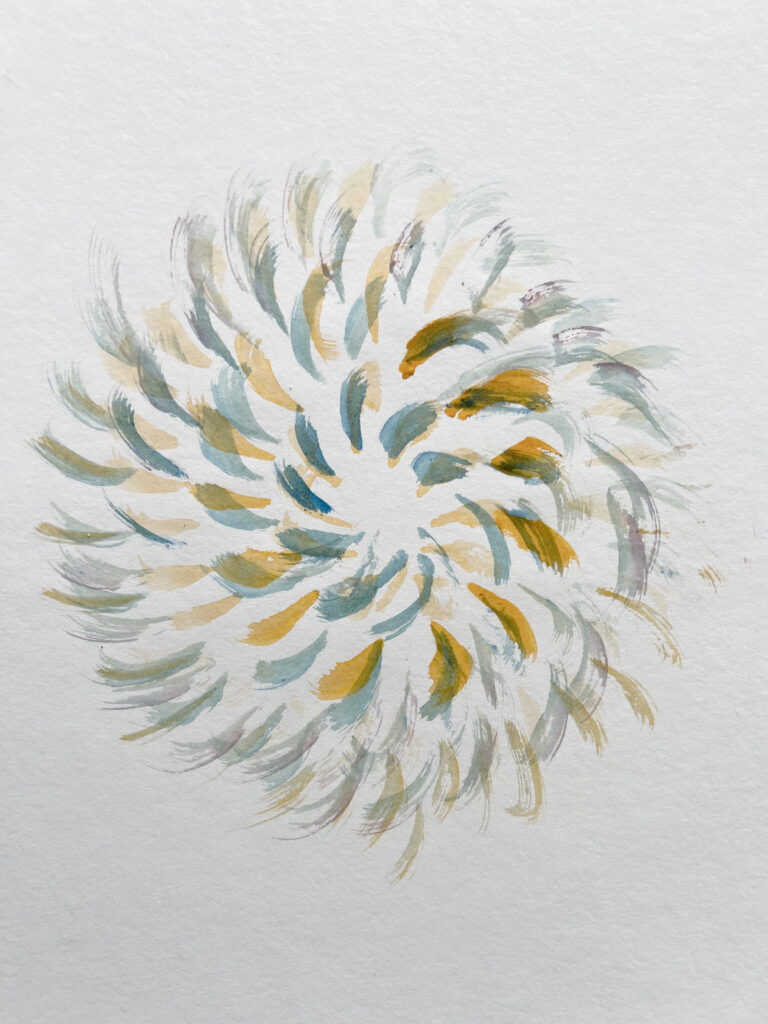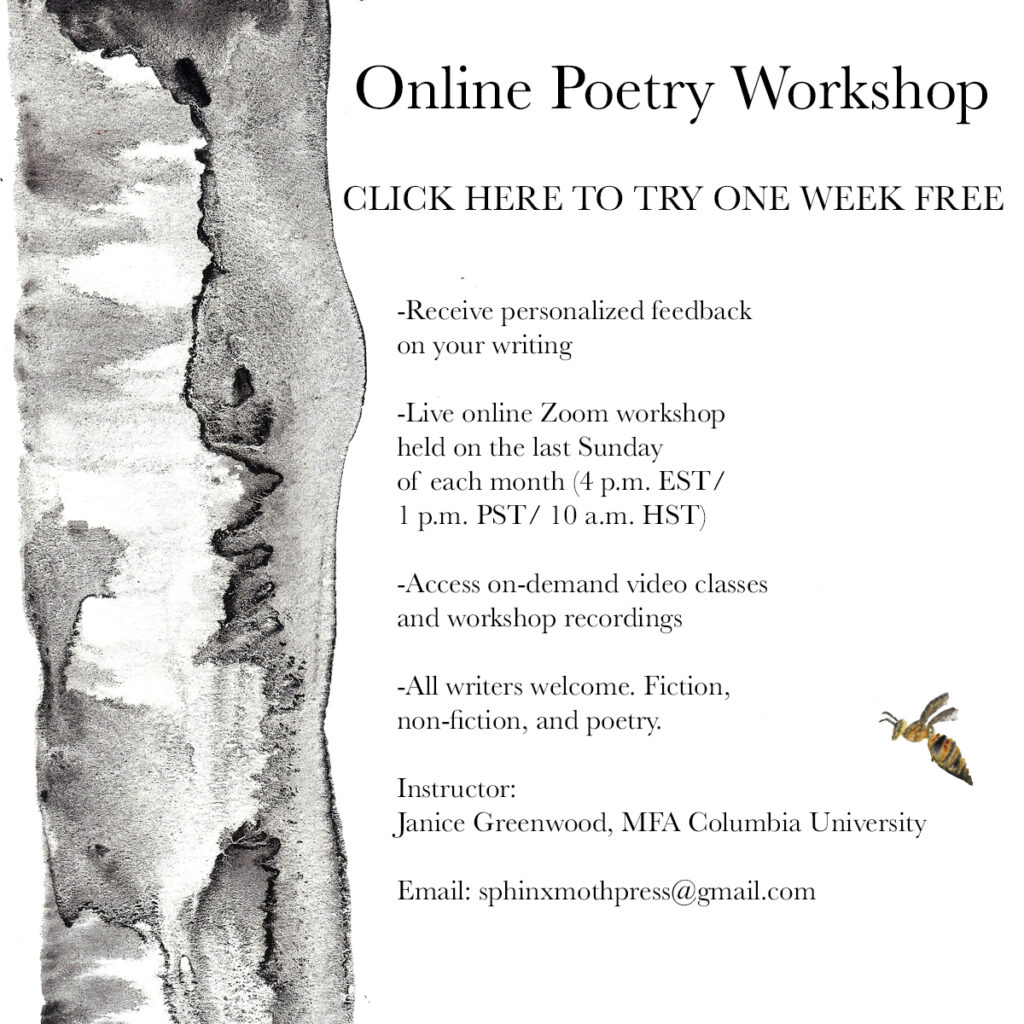In my online poetry workshop, I recently gave my students a writing exercise where I set a five-minute timer and asked them to write their origin stories in ten sentences or less. I did the writing exercise alongside them. After the five minutes were up, I asked them to take a deep breath, and do it again. I set the timer again, and asked them to write their origin story again, differently this time. Five minutes passed. Then, I asked them to do it again, differently. Then again.
I’ve done this exercise consciously and unconsciously in my own writing process over the many years I’ve been a writer. A writer never tells the same story once. My work is the culmination of many months or years of writing the same narrative over and over, first in poetry, then in prose, then fractured by the frame of fiction. Eventually, the subject settles into its final form, whether that is prose, poetry, or non-fiction.
But there’s something powerful about distilling the process of writing and re-writing into a single sitting, by forcing the mind to confront itself. I got the idea for the writing exercise while reading Melissa Febos’s excellent book, Body Work, a fabulous collection of essays about the craft of writing. Febos’s writing exercise is a little different from mine in subject matter, but the process is what matters. The goal is to force the mind outside its habitual narratives. Febos explains that as her students wrote and re-wrote the same assignment over and over, “Their writing got better. It became truer. It became more theirs. I told them, We could do this all day… and not run out of ways to tell that story.”
Every writer has an origin story. The Marvel movie empire is built on it, but I’m interested less in the origin stories of Captain America and Spider Man than I am in the origin stories of real people with humble beginnings or trauma who go on to do great things. The best stories of love and redemption begin with a trauma narrative that somehow gives the protagonist certain powers, followed by self-knowledge. You can’t use a power you don’t know you have, after all.
Every writer has a set of circumstances, accidents of fate, tragedy, or sudden luck that made them who they are. Even when Cheryl Strayed writes about her lovers or hiking the Pacific Crest Trail in Wild, she’s really writing about losing her mother when she was young. For Dante Alighieri, the Divine Comedy might be about a stroll through hell and finding God, but it’s really about his grief over the death of Beatrice, the love of his life, and his exile from Florence. Dante needs to walk through hell because Beatrice is on the other side, and along the way, he meets some of the characters in hell that sent him into exile. If putting your enemies in hell isn’t the best form of literary revenge, I don’t know what is. Shakespeare couldn’t stop falling in love and so fell into his plays and sonnets, writing obsessive love obsessively.
Every origin story is in some way the same. We all are wounded; we all want to heal. But every origin story is also unique. As a writer, what often drives me to put words on paper is the fact that I have never quite encountered myself in literature, not fully. And so, I have spent my life trying to find a way to put my experience into words.

Today I met a new friend in the ocean, and I told her about how, after my ex-husband and I separated, I didn’t know what anything meant anymore; everything had lost its meaning. She looked at me and said that I had just put into words what she’d always felt and never been able to put into words. I live for moments like that.
Perhaps we never encountered our stories in literature or in conversation and so we spend our lives trying to find a way to put our experience into words.
Trying something new and difficult can sometimes feel like being asked to do the same writing exercise over and over. You hit the same walls, the same dead ends, the same unsolvable problems. You don’t have answers right away. Doing hard things means embracing the difficult process and the failures that go along with it.
The real work of writing happens when you force yourself to tell the story central to your creation as a human being so many times that it passes through the prism of your writing in so many different forms and you see it from so many different angles, that eventually, you dig down into the understory of the story, the hidden truth that lies beneath the obvious truths, the wiser narrative, the one that admits other people, other things. Whether you’re writing about the death of your father, your long-lost love, the mad love affair that broke you, your divorce, or the day that saved your life, your story is not one story. It is many stories, and it contains multiple truths.
Febos writes: “Over the years, I’ve come to look forward to the point in my own writing at which continuing seems both incomprehensible and loathsome. That resistance, rather than marking the dead end of the day’s words, marks the beginning of the truly interesting part… It is on the other side of that threshold that the truly creative awaits me, where I might make something that didn’t already exist.”

About the Writer
Janice Greenwood is a writer, surfer, and poet. She holds an M.F.A. in poetry and creative writing from Columbia University.
